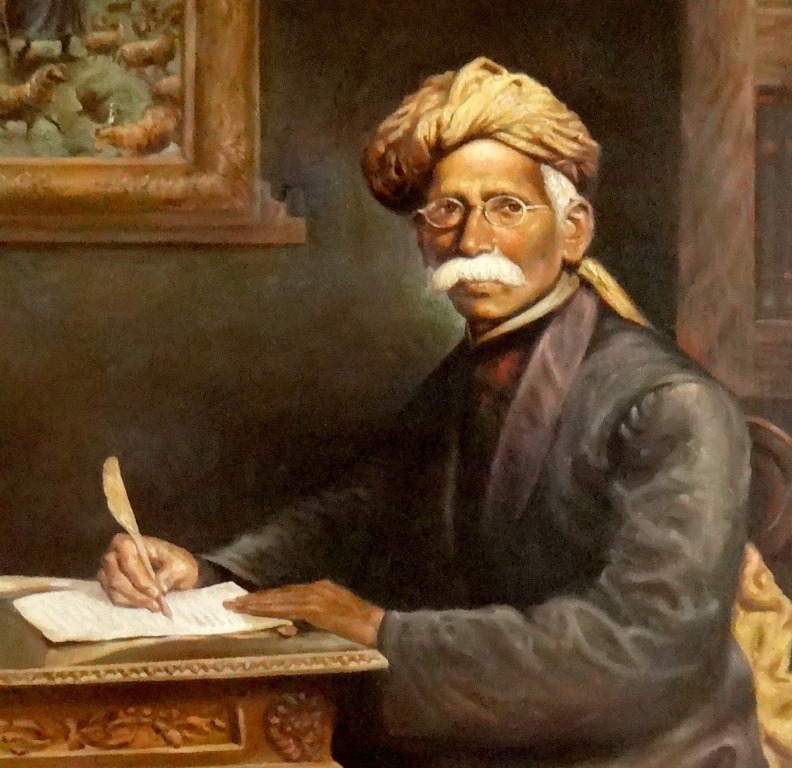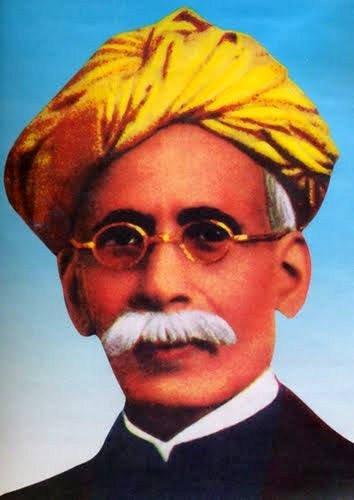The co-operative movement has been a significant force in driving social and economic development around the world. Through the pooling of resources and the collaboration of individuals, co-operatives have empowered communities to take control of their own destinies. In India, one of the pioneers of the co-operative movement was Madhusudan Das, a visionary leader, lawyer, and politician.
Madhusudan Das was born on 28 April 1848 in the district of Cuttack, Odisha, which was then a part of the British Raj. Despite being born into a privileged Brahmin family, Das never forgot his roots and remained committed to the welfare of the less fortunate throughout his life. His deep sense of social justice motivated him to play an instrumental role in the establishment of co-operative societies in India.
During the late 19th and early 20th centuries, India was grappling with issues such as poverty, agricultural distress, and market exploitation by moneylenders and middlemen. These factors led to the marginalization of farmers and artisans who were unable to access fair prices for their products or obtain credit to improve their living conditions. Recognizing this pervasive issue, Madhusudan Das saw the potential of the co-operative movement to address these challenges and bring about positive change.
Das firmly believed that by organizing farmers and artisans into co-operatives, they could collectively bargain for better prices and access affordable credit. His advocacy of this model was shaped by his deep understanding of legal matters and the principles of trusteeship and cooperation. Through his legal practice, Das fought for the rights of the oppressed and worked tirelessly to promote the co-operative ideals of equality, self-help, and mutual aid.

One of the key initiatives taken by Madhusudan Das was the establishment of the first co-operative society in India known as the “Orissa Central Co-operative Society” in 1901. This society aimed to address the issues faced by the farmers of Odisha by providing credit facilities and technical guidance. The success of this experiment inspired the formation of numerous co-operative societies throughout the country, empowering farmers, weavers, and other marginalized communities.
Madhusudan Das also played a crucial role in the passage of the landmark Co-operative Societies Act of 1904, which provided legal recognition and protection to co-operative societies in India. This legislation laid the foundation for the growth and expansion of the co-operative movement in subsequent years.
Apart from his contributions to the co-operative movement, Madhusudan Das was also an ardent advocate of women’s empowerment. He championed the cause of women’s education and fought for equal rights and opportunities. His efforts paved the way for the entry of women into various fields, including politics and law, and contributed to the women’s rights movement in India.
Madhusudan Das’s relentless pursuit of social justice and his unwavering dedication to the upliftment of the marginalized made him a true precursor of the co-operative movement in India. His vision and efforts created a platform for collective action and social transformation, which continues to benefit communities to this day.
The legacy of Madhusudan Das serves as a reminder of the power of cooperation and collective action in bringing about positive change. His advocacy for co-operatives as an instrument for social progress has inspired generations of leaders and activists to work towards creating a more inclusive and equitable society. As we look to the future, it is essential to draw inspiration from pioneers like Madhusudan Das and continue to promote and strengthen the co-operative movement for the betterment of all.
You can read our another post on International Plastic Bag Day
More: Wanted to download Odishashop.com visit here

Write A FAQ For Madhusudan Das -Precursor of the Co-operative Movement
Who was Madhusudan Das and what was his role in the co-operative movement?
Madhusudan Das was a prominent Indian lawyer and politician who played a pivotal role in the co-operative movement in India during the early 20th century. He is considered as the precursor of the co-operative movement in the country and was instrumental in establishing the first co-operative societies in Odisha.
What were Madhusudan Das’ key contributions to the co-operative movement?
Madhusudan Das worked towards promoting the idea of self-help and cooperative organization among farmers and rural communities. He established co-operative credit societies, agricultural co-operative societies, and housing co-operatives to provide financial assistance, support, and improved living conditions for the rural population.
How did Madhusudan Das advocate for the benefits of co-operatives?
Madhusudan Das believed that co-operatives were an effective means of empowering farmers and rural workers by enabling them to pool their resources and work collectively for mutual benefit. He actively promoted the advantages of co-operatives through public speeches, writings, and by assisting in the formation of various co-operative organizations.
What was the impact of Madhusudan Das’ efforts on the co-operative movement in India?
Madhusudan Das’ efforts had a significant impact on the co-operative movement in India. His initiatives inspired many others to adopt the co-operative model, leading to the establishment of numerous co-operative societies across the country. His work laid the foundation for the growth and development of the co-operative sector in India, which continues to make a positive impact on the lives of millions of people today.
How does Madhusudan Das’ legacy continue to influence the co-operative movement?
Madhusudan Das’ legacy as a precursor of the co-operative movement inspires individuals and organizations to promote the principles of cooperation, self-help, and community development. His emphasis on the socio-economic empowerment of farmers and rural communities through co-operatives continues to guide the efforts of various stakeholders working in the co-operative sector, ensuring that his vision and ideals live on.
